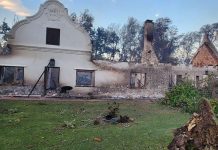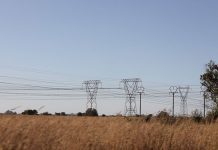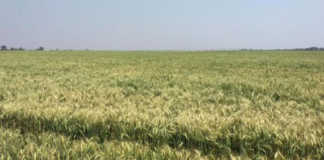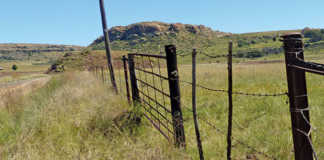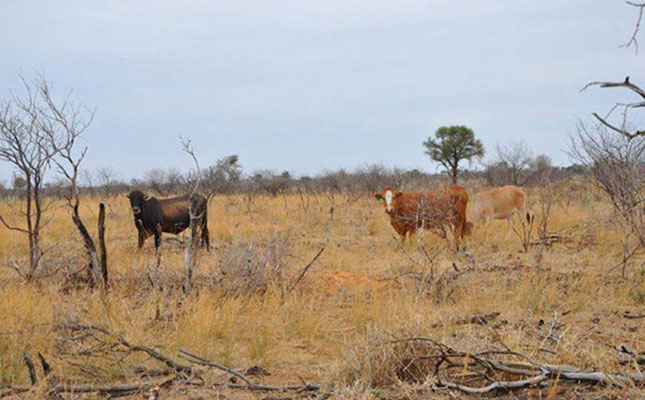
This was the message conveyed by a number of farmers and farmers’ association representatives interviewed recently by Farmer’s Weekly.
Derek Matthews, a grain farmer from Sannieshof in North West, said that droughts were a certainty in South Africa and producers needed to accept the fact that the sector had to take responsibility for itself.
He said that it was the job of organised agriculture to lobby the government on behalf of its members. However, it was doubtful whether the current structures had achieved any success in this regard during the recent drought, he added.
Bothaville grain and livestock producer, Lukas Breytenbach, said he would not have survived had it not been for his faith. He still did not know how he and his neighbours had survived, not only financially but emotionally and psychologically.
In an effort to mitigate the effect of the devastating drought, he had diversified from mono-cropping and planted maize, sunflower and groundnuts. The fact that he had planted grain and achieved only an average yield during the dry years had been a valuable lesson.
According to him, South African farmers were innovative and there was no end to the plans they made to survive.
“I know of farmers who put wild asparagus (katbos – Asparagus laricinus) through a hammer mill for animal feed. It’s nevertheless clear that there’ll be very little, if any, state support in future. A few weeks ago, I received 30 bags of sheep pellets that I applied for in 2015,” he said.
Dr Danie Odendaal, director of SA’s Veterinarian Network, said that the value of having a single summer livestock production season had been proved again and again during the drought.
According to him, it was economically foolish, especially during a drought, to feed supplemental feed to a mixed herd of cattle, including pregnant and lactating cows, heifers and calves. It made far more sense to supply specific supplemental feed to uniform groups of animals with uniform nutritional needs, such as cows with calves.
It made far more sense to supply specific supplemental feed to uniform groups of animals with uniform nutritional needs, such as cows with calves.
“This can only be attained through a planned breeding season that synchronises livestock’s optimum nutritional demand with the best supply of grazing. A summer breeding season does just that,” he said.
Odendaal urged producers to keep vaccinations up to date, adding that prolonged periods of drought were often followed by excessive rains, forming the ideal conditions for the outbreak of insect-borne disease. This had been illustrated by the countrywide outbreak of lumpy skin disease and bluetongue. He said it was advisable that animals weakened by the drought and with poor immunity receive follow-up vaccinations.
This had been illustrated by the countrywide outbreak of lumpy skin disease and bluetongue. He said it was advisable that animals weakened by the drought and with poor immunity receive follow-up vaccinations.
Danie du Plessis, TAU Mpumalanga representative, said the drought had brought the value of fodder banks to the fore. It was crucial that farmers create fodder banks on their farms during the wet periods to mitigate the effect of dry periods.
The good grain harvests expected in 2017 allowed farmers the opportunity to bale as much as possible of the grain stover for future use.
“Stored animal fodder keeps for extended periods. We know by now that state support in future is highly unlikely. It’s therefore imperative that fodder is amassed for the lean periods,” he said.




